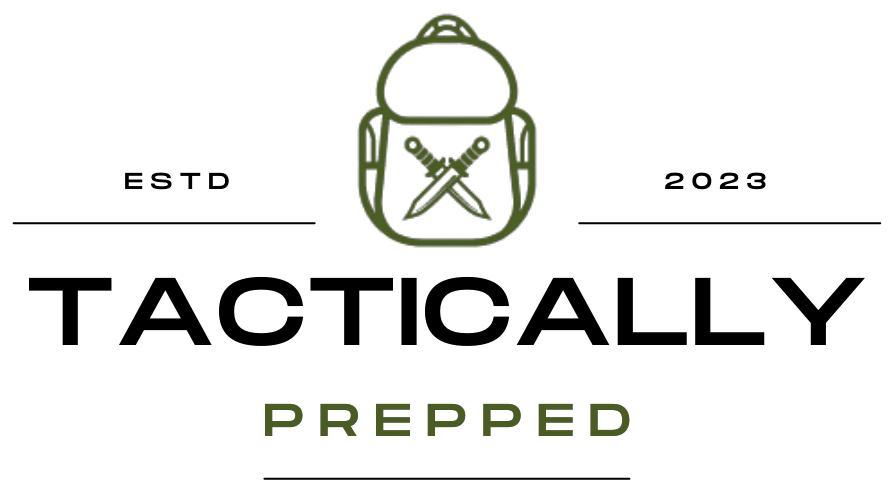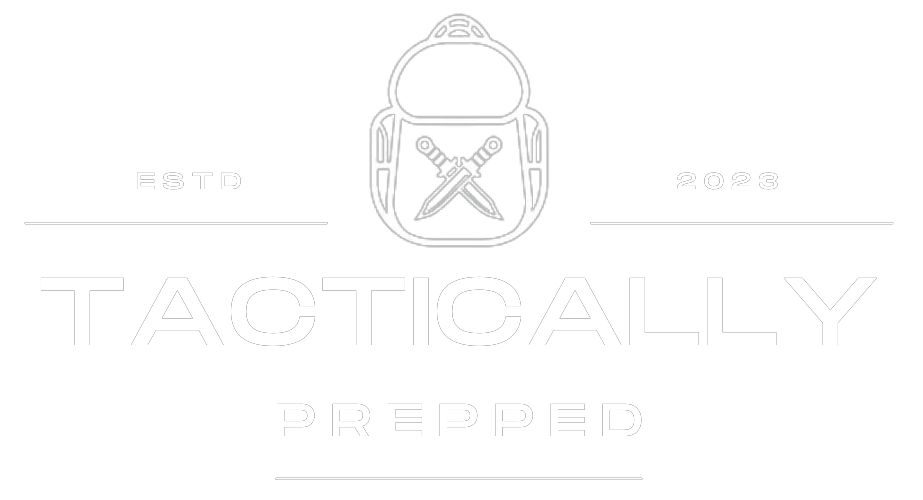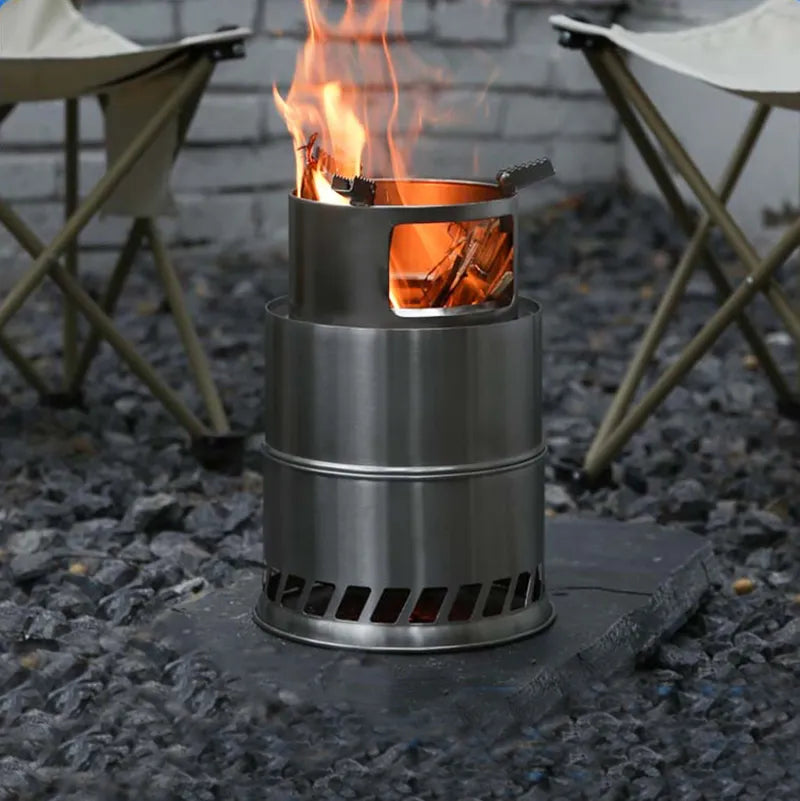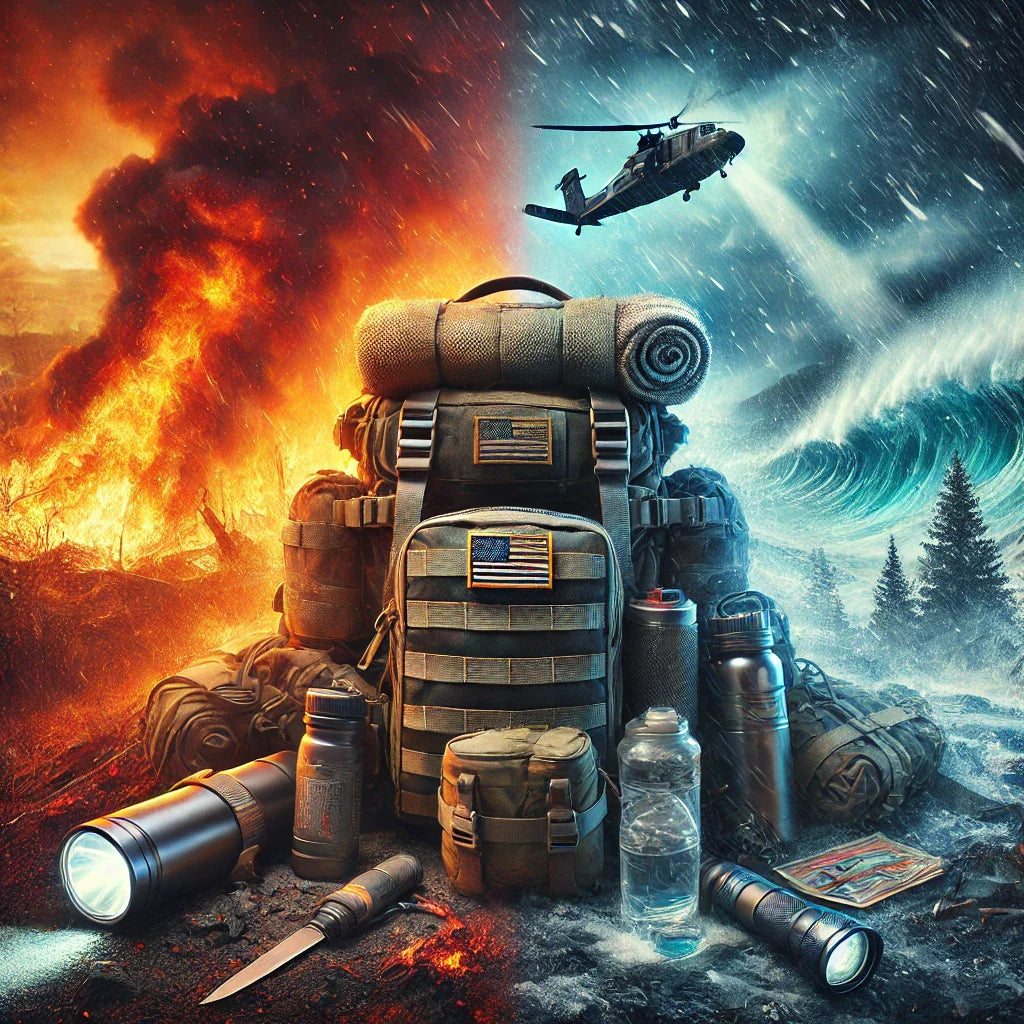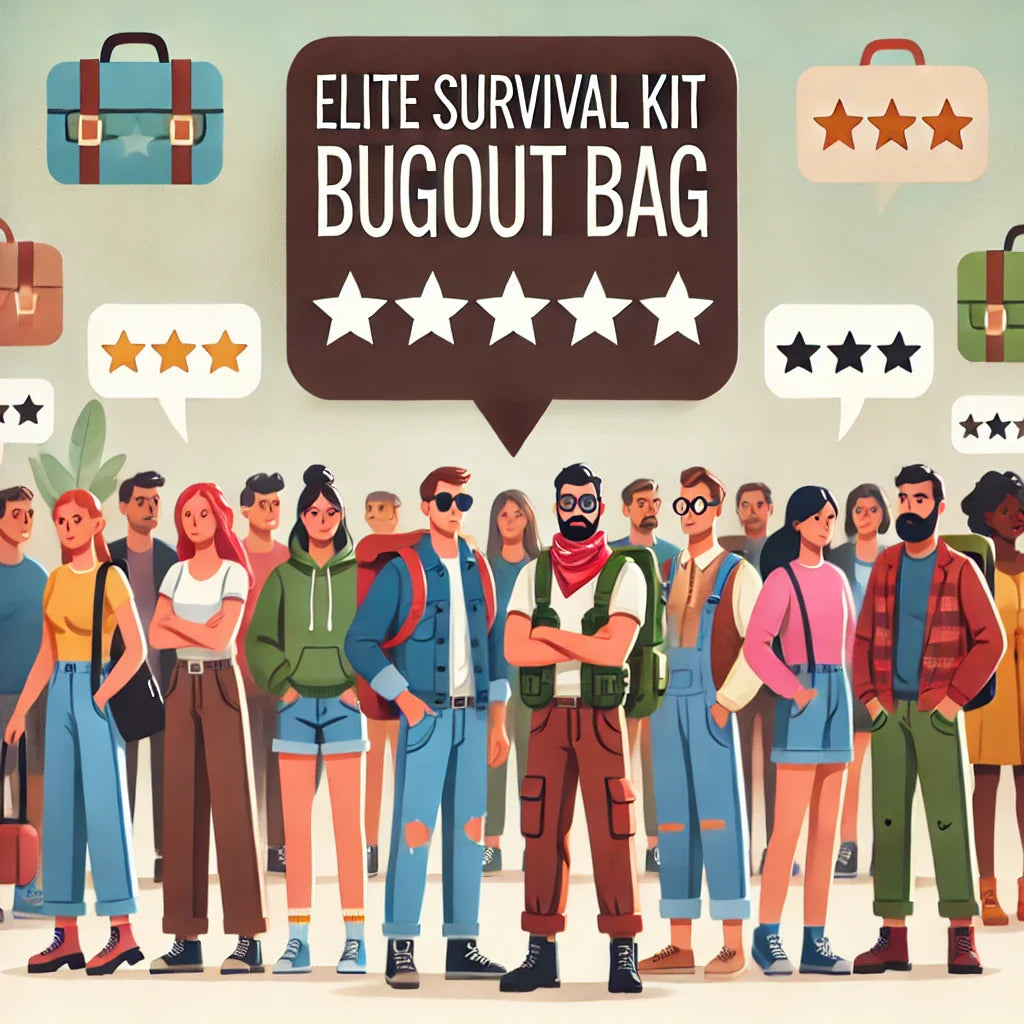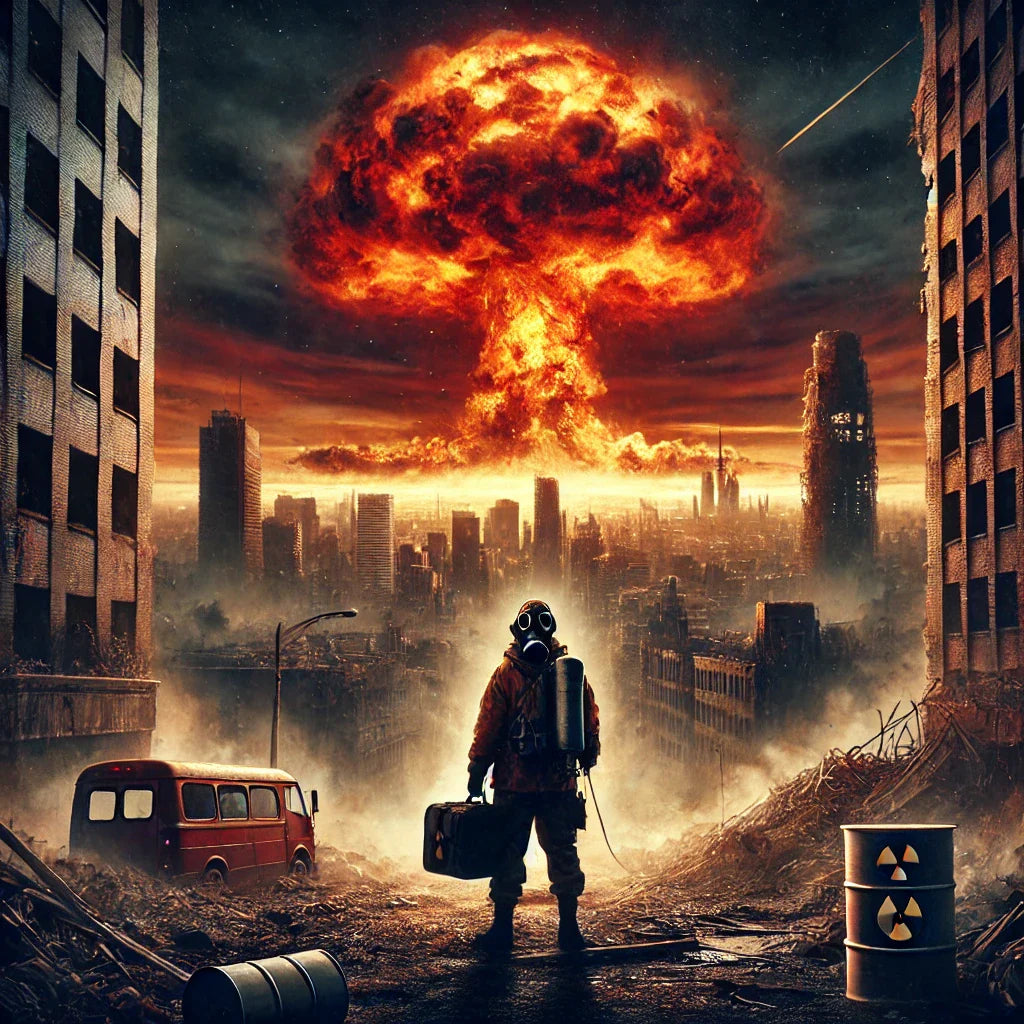
Would You Survive a Nuclear Attack? Here’s What the First Week Looks Like
A nuclear attack is a worst-case scenario that no one wants to face—but if it happens, the first week will determine who makes it through. The reality is brutal: instant devastation, lethal radiation, supply shortages, and pure chaos. Here’s a breakdown of what to expect and how to maximize your chances of survival.
Day 1: The Blast – Seconds to React
A nuclear explosion is blindingly bright. If you see the flash, you have mere seconds before the shockwave hits. The key to surviving is immediate action:
- Drop, cover, and shield your face to avoid the initial blast and flying debris.
- If possible, find cover in a sturdy building or underground structure.
- Stay down—many injuries occur from secondary explosions and collapsing structures.
Surviving the initial blast is only the beginning. The real danger starts now.
Days 2-3: Radiation Fallout – The Invisible Killer
The explosion releases deadly radioactive particles into the air, which fall back to the ground in what’s known as nuclear fallout. This fallout is most dangerous in the first 48 hours.
- Stay indoors—radiation exposure can be fatal within hours.
- Move to the lowest level of your home or building, away from windows and doors.
- Seal cracks, vents, and windows with plastic and tape to prevent contamination.
- Avoid outside exposure at all costs.
If you have a radio, listen for emergency broadcasts. It may take days before it's safe to emerge.
Days 4-5: Supply Crisis – Survival of the Prepared
By now, essential services will be nonexistent. No power. No clean water. No food deliveries. The streets will be dangerous. Those without supplies will be desperate.
- Grocery stores will be empty.
- Medical help will be unavailable.
- Law enforcement will be overwhelmed.
The unprepared will turn to desperate measures, leading to looting, violence, and chaos. Having food, water, and medical supplies in advance is critical.
Days 6-7: The Fight to Survive – Critical Decisions
The first week will be about managing resources and staying informed.
- Ration food and water carefully.
- Monitor emergency broadcasts for evacuation or safety updates.
- Avoid unnecessary exposure to the outside world—radiation levels are still dangerous.
Without proper preparation, the odds of survival drop dramatically.
Would You Survive?
If a nuclear attack happens, there will be no warning and no time to prepare—only those who have planned ahead will stand a chance.
A well-stocked bugout bag can mean the difference between life and death. Do you have one ready?
